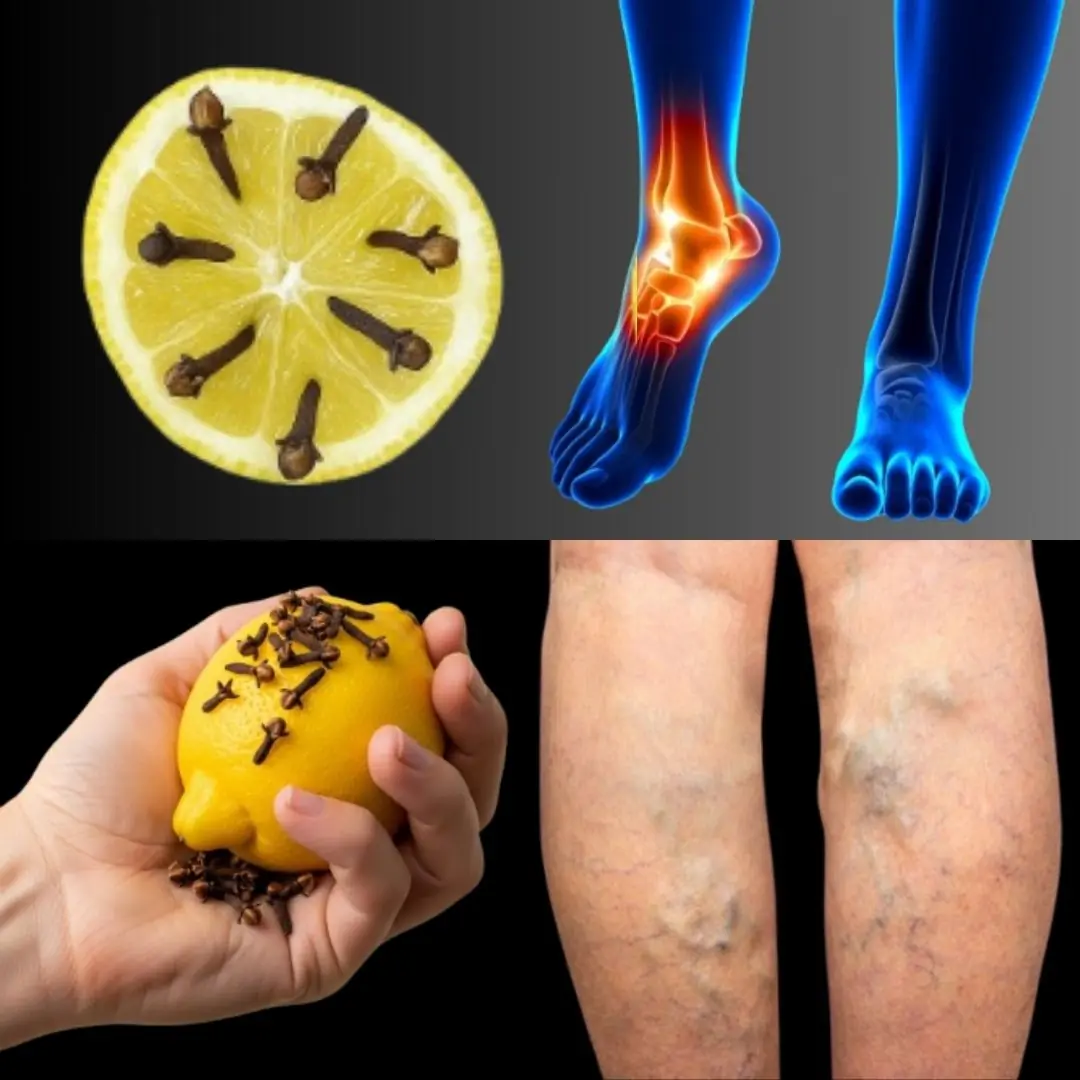
The Hidden Dangers of Datura Stramonium: A Beautiful Yet Lethal Plant
Why Datura Stramonium Looks Deceptively Charming
Datura stramonium, also known as Jimsonweed or devil’s trumpet, is a wild and mysterious plant that thrives throughout much of the United States. You'll often find it growing along roadsides, in untended pastures, and even in neglected corners of suburban gardens. With its large, trumpet-shaped flowers in hues of white or violet, and its menacing, spiky seed pods, the plant has a striking, almost ornamental appearance. For seniors who love gardening or enjoy foraging, it may initially seem like a lovely natural addition to the yard or even a plant with folk medicinal value.
However, its charm masks a dangerous truth: every part of this plant—including its leaves, flowers, seeds, and roots—contains toxic compounds that can result in serious health complications.
A Beautiful Plant with a Dangerous Secret
Despite its visual allure, Datura stramonium has a sinister side. It belongs to the Solanaceae or nightshade family, which includes both common edibles like tomatoes and potatoes and highly toxic species like belladonna (deadly nightshade). According to the Centers for Disease Control and Prevention (CDC), Datura stramonium ranks among the most toxic plants in North America. Even accidental contact can be dangerous, and the risks are especially pronounced for older adults who may already be managing chronic health conditions or taking multiple medications.
If you know someone who enjoys spending time in the garden, share this information with them—it could be a life-saving reminder.
The Toxic Compounds Hidden in Datura Stramonium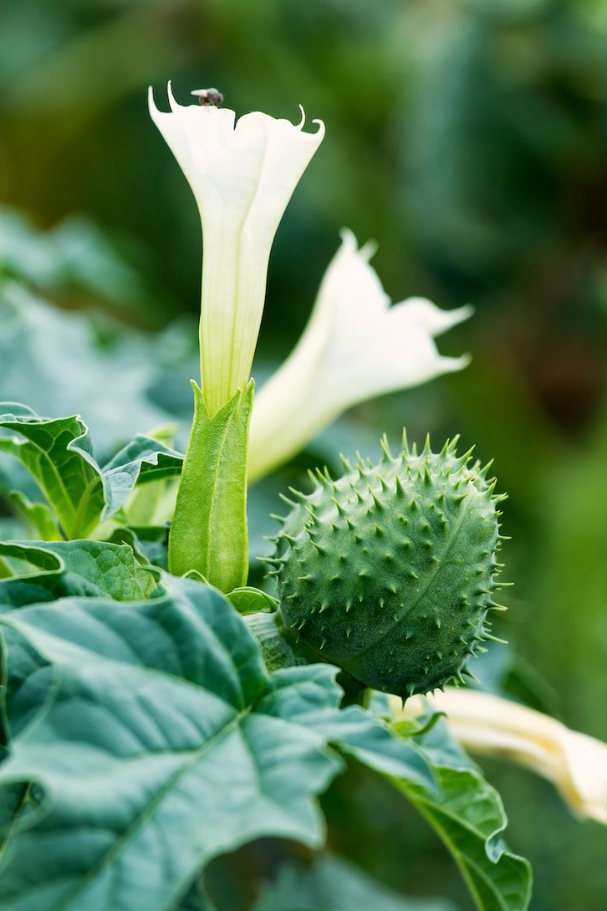
The danger of Datura stramonium lies in its high concentration of tropane alkaloids, particularly atropine, scopolamine, and hyoscyamine. These powerful chemicals interfere with the nervous system by blocking acetylcholine, a neurotransmitter essential for muscle control and brain function.
The National Institutes of Health (NIH) warns that even a small dose can cause serious problems, ranging from disorientation and dry mouth to seizures and even coma. The severity of symptoms depends on various factors, including the part of the plant consumed, the individual's health, and even the time of year—since alkaloid levels can fluctuate based on the growing season.
Seniors are especially vulnerable. Their metabolism may process toxins more slowly, and interactions with prescription medications can worsen the effects. Just a few seeds or a small taste of a leaf could trigger a medical emergency.
Common Symptoms of Datura Poisoning
Recognizing the symptoms of Datura stramonium exposure is crucial—especially for seniors who spend time outdoors. Signs typically appear within 30 to 60 minutes of ingestion or contact and can last for up to 48 hours, according to Harvard Health Publishing. Be alert for these red flags:
-
Dry mouth and intense thirst
-
Dilated pupils and blurred vision
-
Increased heart rate or palpitations
-
Disorientation, hallucinations, or aggressive behavior
-
Seizures, unconsciousness, or coma in extreme cases
These symptoms can easily be mistaken for other medical conditions, such as heat exhaustion, medication side effects, or even dementia. If you or someone you know begins experiencing these symptoms after gardening or hiking, seek emergency medical help immediately.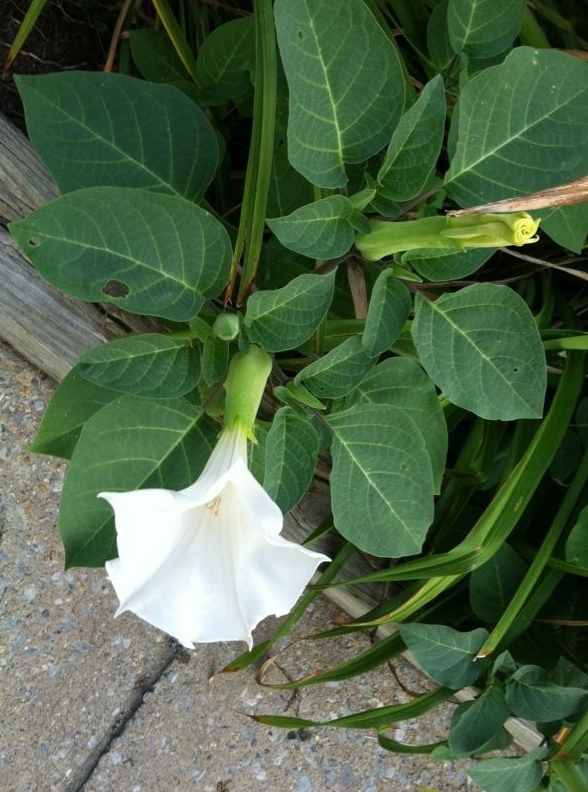
How Seniors Might Come Into Contact with Datura Stramonium
While it may seem like an exotic plant, Datura stramonium is surprisingly common. Seniors who enjoy outdoor activities may unintentionally come across it in a variety of ways:
-
In the garden: The plant can blend in with other ornamentals or weeds and may go unnoticed until it's too late.
-
While foraging: Some may confuse it with non-toxic herbs or plants used in natural remedies.
-
Through accidental touch: The toxins can be absorbed through the skin, particularly through open cuts or mucous membranes.
-
Via pets or grandchildren: Curious pets or young children might ingest parts of the plant, putting the whole household at risk.
A case published in the International Journal of Emergency Medicine reported a 3-year-old child who suffered serious symptoms after ingesting the seeds. Seniors with pre-existing conditions face similar risks if exposed.
Five Practical Ways Seniors Can Stay Safe
Enjoying nature doesn’t mean you have to fear it. With a few simple precautions, you can protect yourself and your loved ones from Datura stramonium:
-
Learn to identify it: Look for trumpet-like flowers, jagged leaves, and thorny seed pods. Use plant ID apps or consult your local gardening extension office for help.
-
Dress appropriately: Wear gloves and long-sleeved clothing when gardening or clearing overgrown areas.
-
Supervise pets and children: Keep them away from unfamiliar plants, especially in areas where Datura is known to grow.
-
Avoid DIY foraging: Unless you are a trained herbalist or botanist, avoid using wild plants for home remedies.
-
Remove it safely: If you find Datura in your yard, use gloves and tools to dig it out. Seal it in a trash bag—never burn it, as the smoke can also be toxic.
These steps can help ensure your outdoor time remains enjoyable and safe.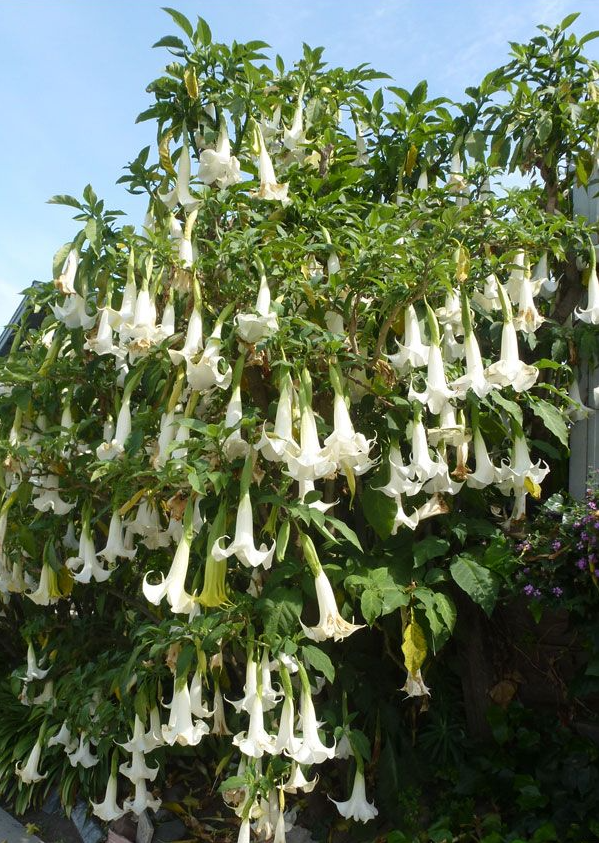
What to Do If You Suspect Poisoning
If you believe someone may have come into contact with Datura stramonium, time is of the essence. The Mayo Clinic recommends the following steps:
-
Call Poison Control (1-800-222-1222) or 911 immediately.
-
Do not induce vomiting, which could make the situation worse.
-
Go to the ER: Treatments such as activated charcoal or medications like physostigmine may be necessary—but only a medical professional can provide them.
-
Bring a plant sample if possible: Safely collected, it can help doctors identify the toxin and treat it effectively.
A report by the American Association of Poison Control Centers shows that thousands of Datura poisoning cases are reported annually. The faster you act, the better the outcome.
Safe Gardening and the Joy of Nature at Any Age
Gardening is a deeply rewarding hobby for seniors—it promotes physical activity, reduces stress, and provides a sense of purpose. But it's essential to stay educated about potential hazards like Datura stramonium.
By choosing safe plants like marigolds, lavender, or pansies, you can create a beautiful, senior-friendly garden without the risks. Many local gardening clubs or cooperative extensions offer resources and plant lists that cater specifically to older adults and their health needs.
Curiosity is a beautiful part of aging—but so is caution. Share this article with fellow gardeners or family members to help them stay informed and protected. For more health and gardening insights tailored to seniors, explore our other resources—and keep your passion for nature alive and well.
Disclaimer: This article is intended for informational purposes only and does not replace professional medical advice. Always consult with your healthcare provider before making changes to your health regimen.
News in the same category

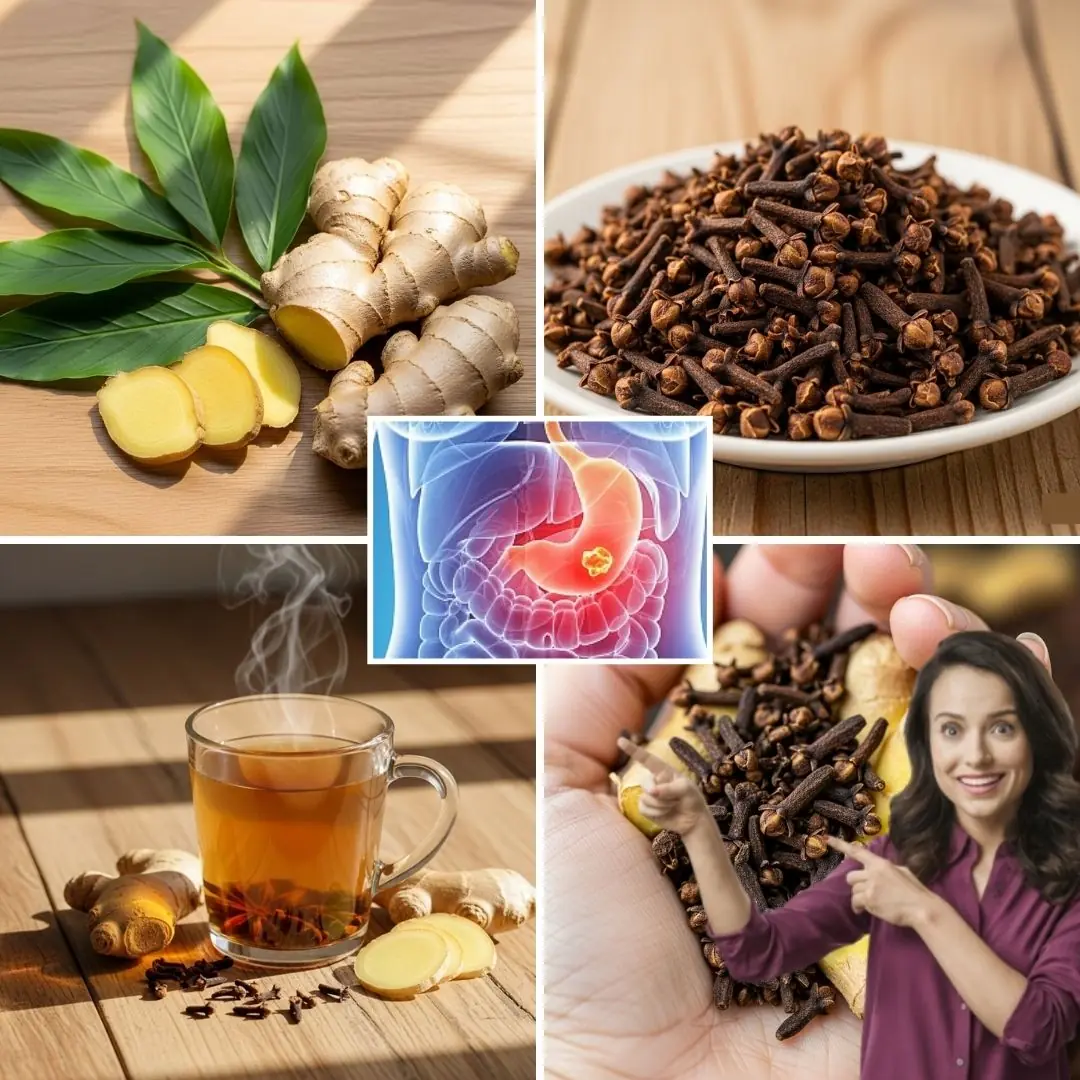
Unlock the Secret Elixir: Why Ginger, Cloves, and Lipton Tea Could Transform Your Health
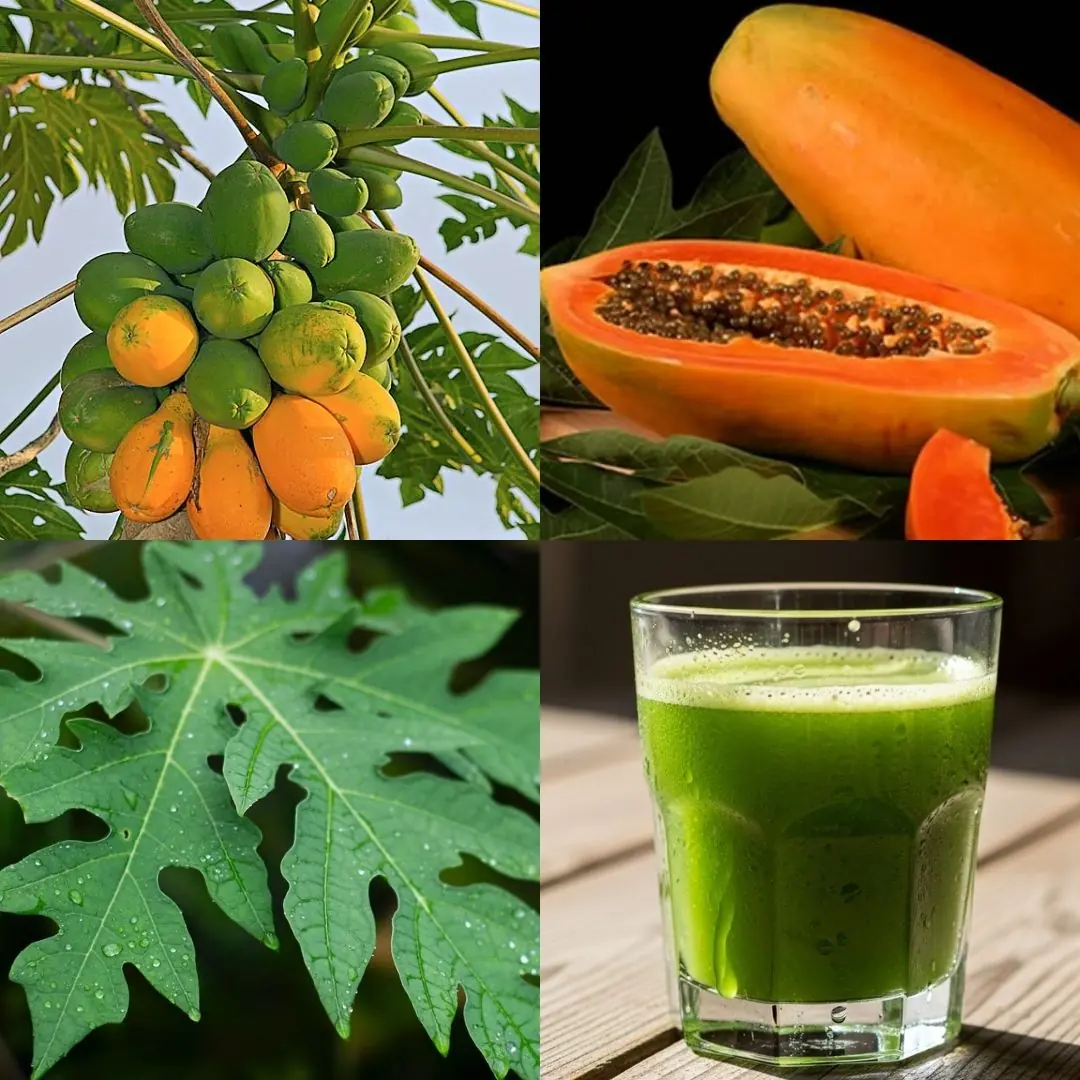
🌿 The Hidden Power of Papaya Leaves: Nature’s Unseen Healer

Clove, Honey, and Cinnamon Blend: A Simple Daily Remedy for Wellness
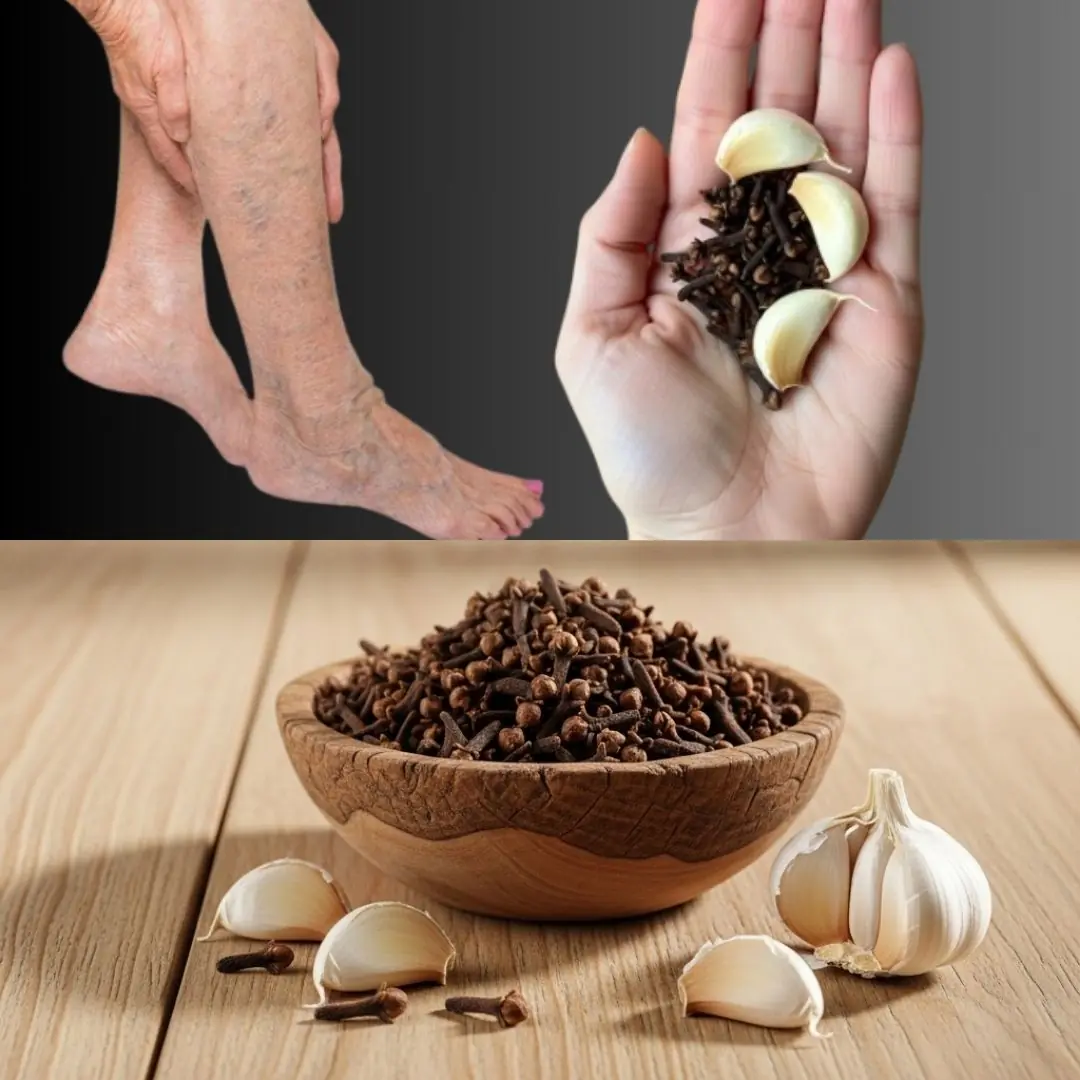
Leg Pain, Rheumatism, Varicose Veins, and Arthritis? Try This Simple Garlic & Olive Oil Remedy!
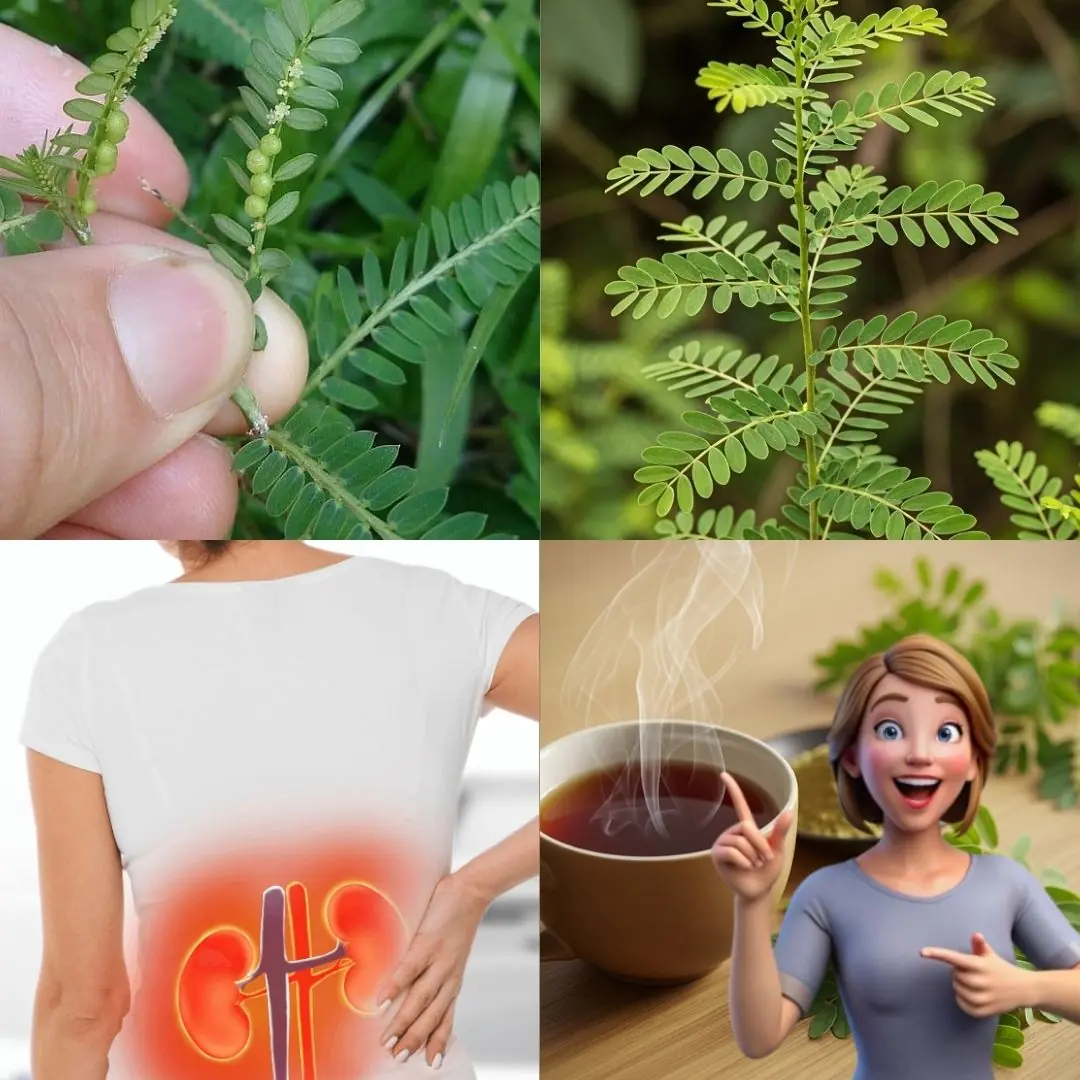
12 Incredible Health Benefits of Phyllanthus Niruri – Don’t Throw It Away!

Eat Chia Seeds at Night for 1 Week & See What Happens to You! 🌙✨
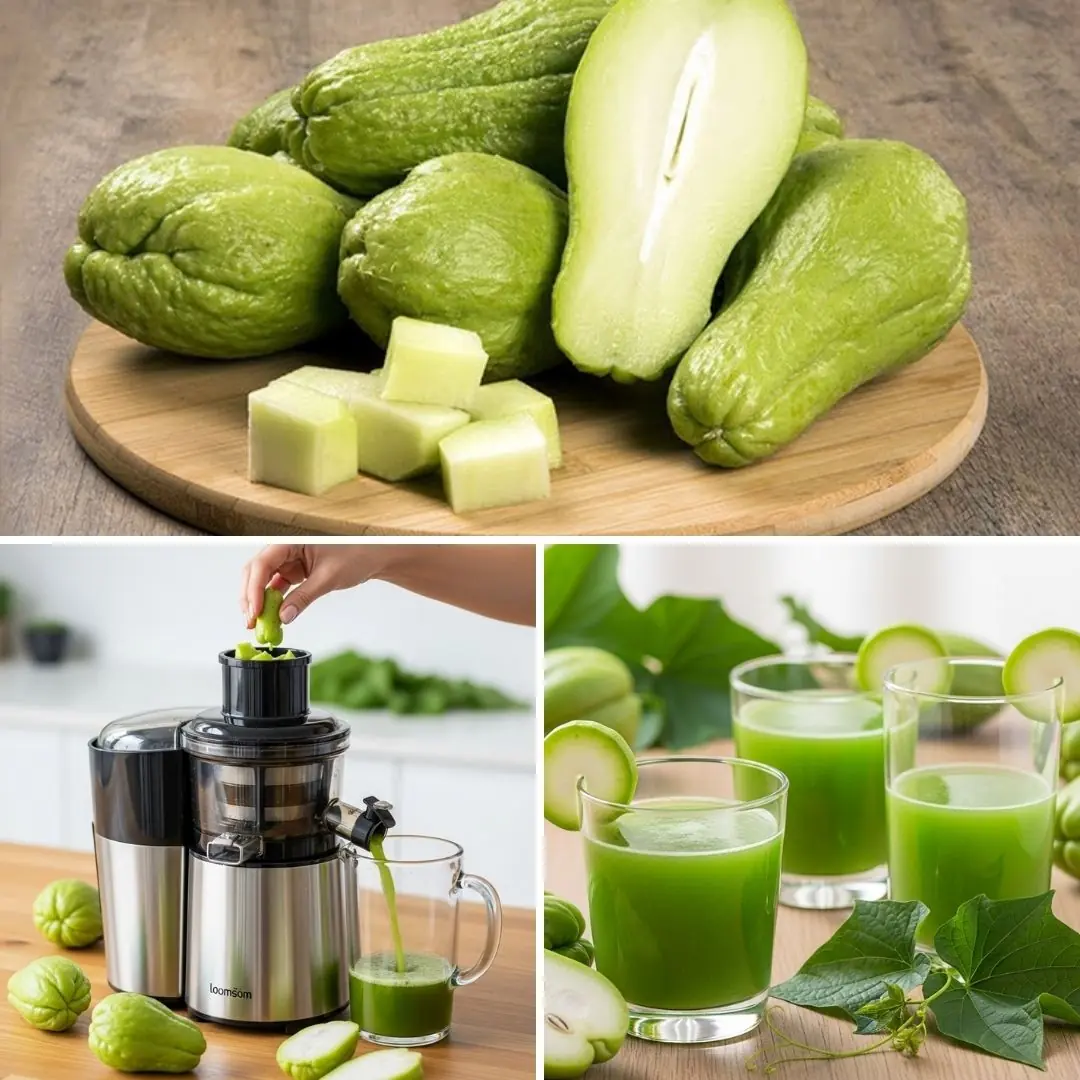
16 Benefits of Chayote Juice: Say Goodbye to Pills and Hello to Natural Healing
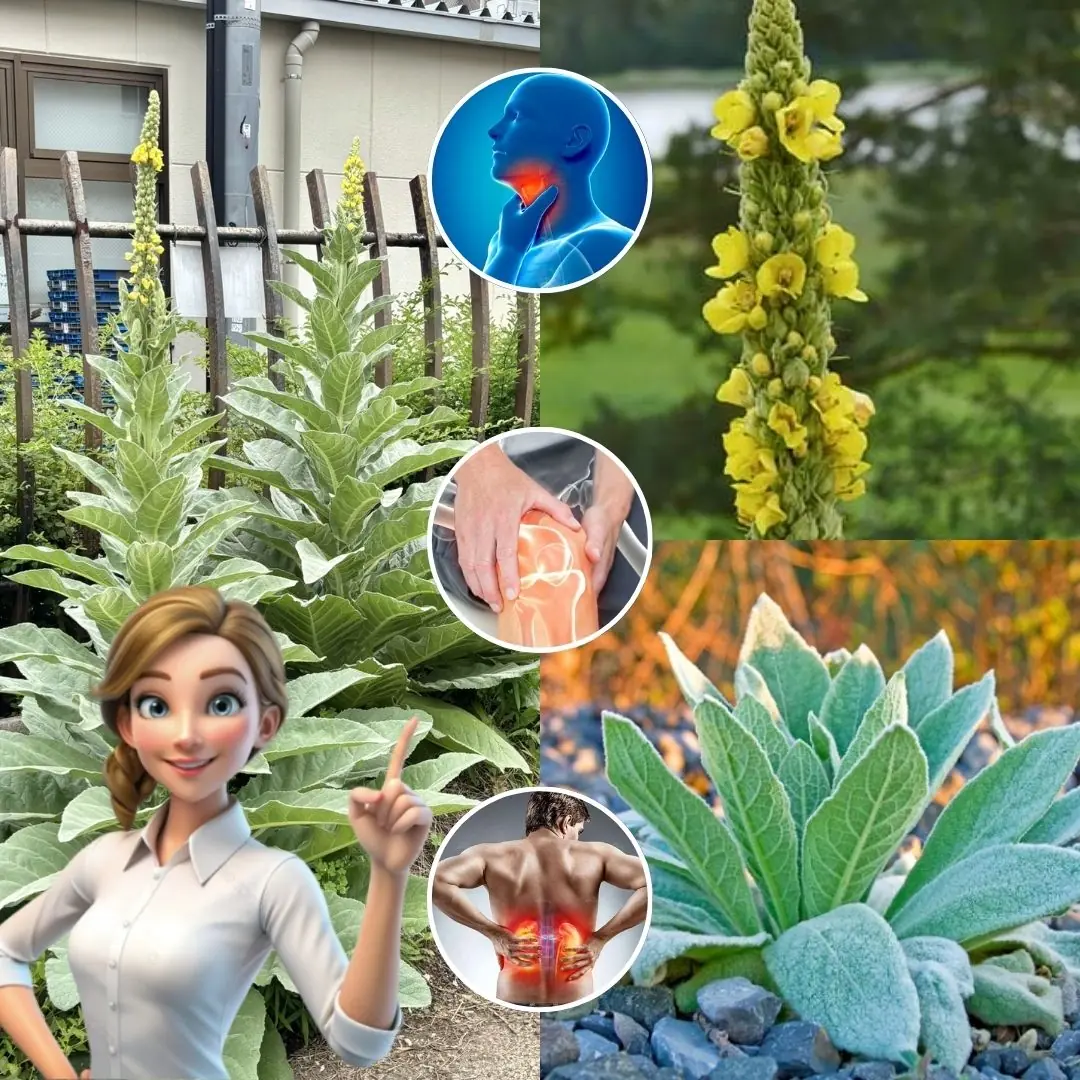
Mullein: The Powerful Plant That Soothes Your Lungs, Joints & Muscles Naturally

9 Easy Ways to Strengthen Your Knees: Support Joint Health Naturally

5 Drinks Cancer Cells Love – Are You Feeding the Enemy?
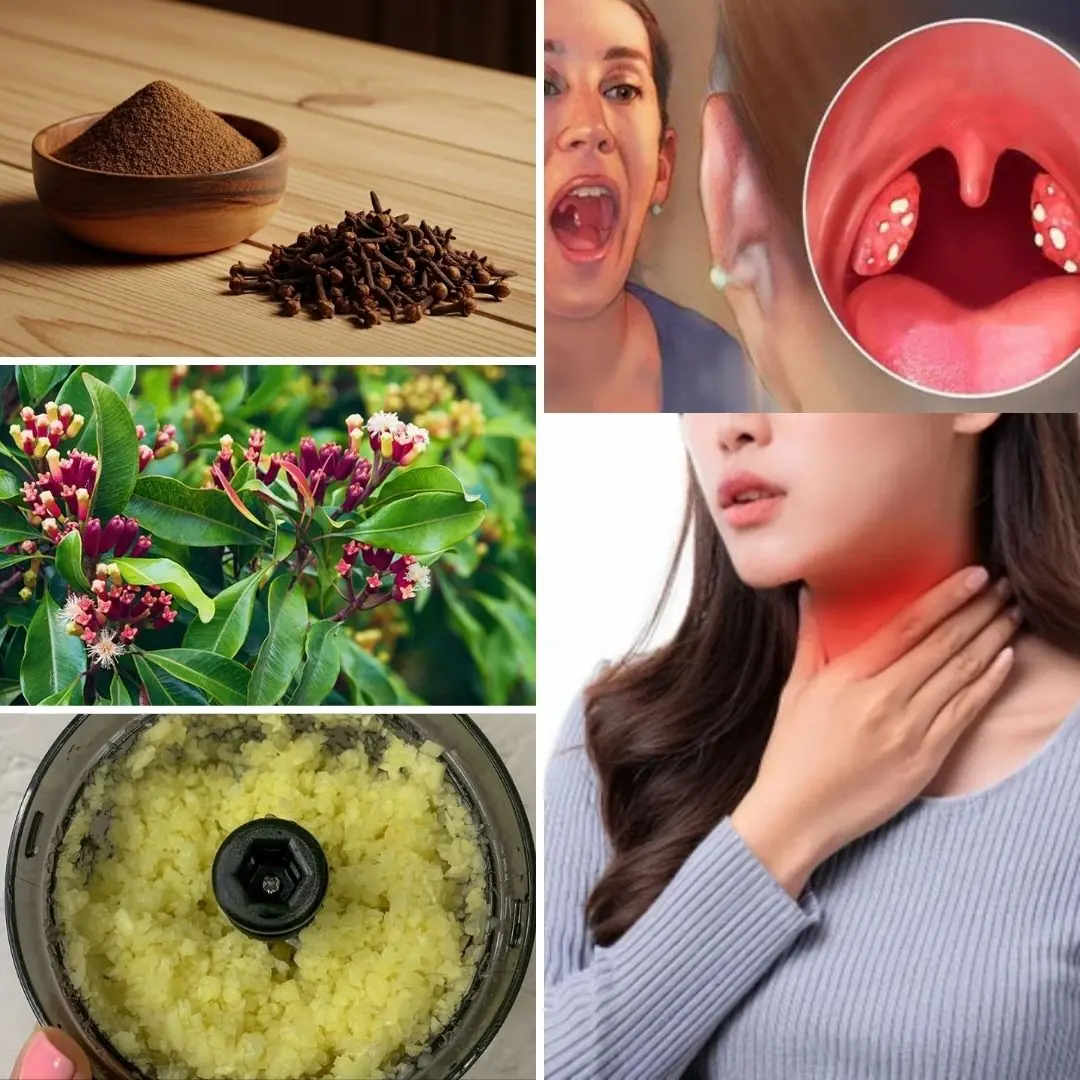
Soothe Your Throat Naturally: Home Remedies with Cloves

Kickstart Your Day with These 6 Kidney-Friendly Habits for Lifelong Health

6 Foods to Prevent Leg Cramps in Seniors: Stronger, Healthier Muscles!
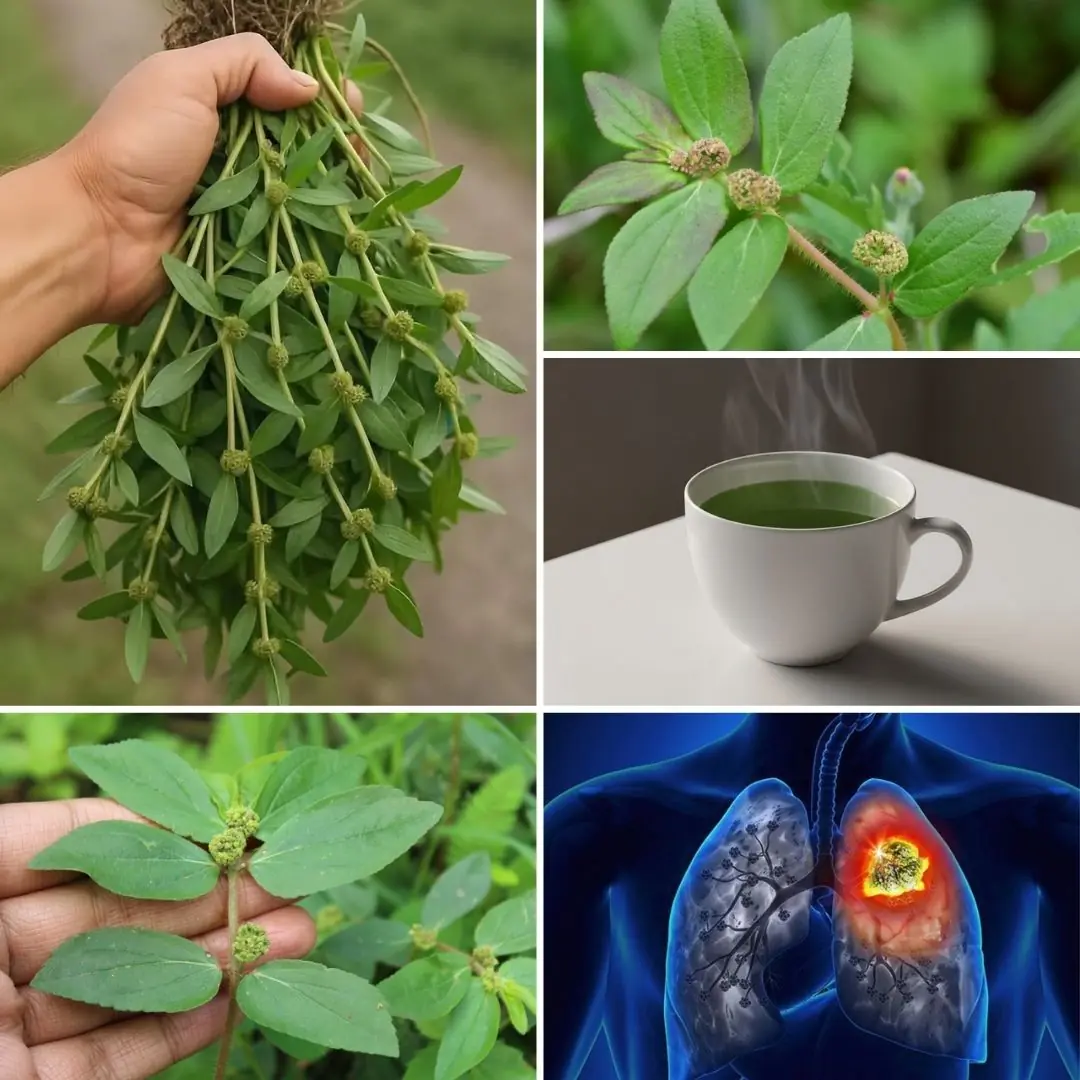
Euphorbia Hirta: Nature’s Hidden Gem for Wellness

Can Garlic Support Healthier Veins Naturally?

Can Chia Seeds Support a Healthier Waistline Naturally?

Natural Oral Care for Seniors: How Ginger and Lemon May Support a Brighter Smile Over Time

Coffee with Ginger: A Tasty Wellness Drink Hiding in Your Kitchen
News Post

Mom’s Natural Remedy with Lemon: A Modern Cure-All for Pain and Inflammation 🍋🌿

Unlock the Secret Elixir: Why Ginger, Cloves, and Lipton Tea Could Transform Your Health

🌿 The Hidden Power of Papaya Leaves: Nature’s Unseen Healer

Clove, Honey, and Cinnamon Blend: A Simple Daily Remedy for Wellness

Leg Pain, Rheumatism, Varicose Veins, and Arthritis? Try This Simple Garlic & Olive Oil Remedy!

12 Incredible Health Benefits of Phyllanthus Niruri – Don’t Throw It Away!

4 Types of Cancer with Over 90% Cure Rate: Everyone Should Watch for the Early Signs

If Cancer Is Developing in the Body, These 3 Nighttime Signs Often Appear — But Many People Ignore Them
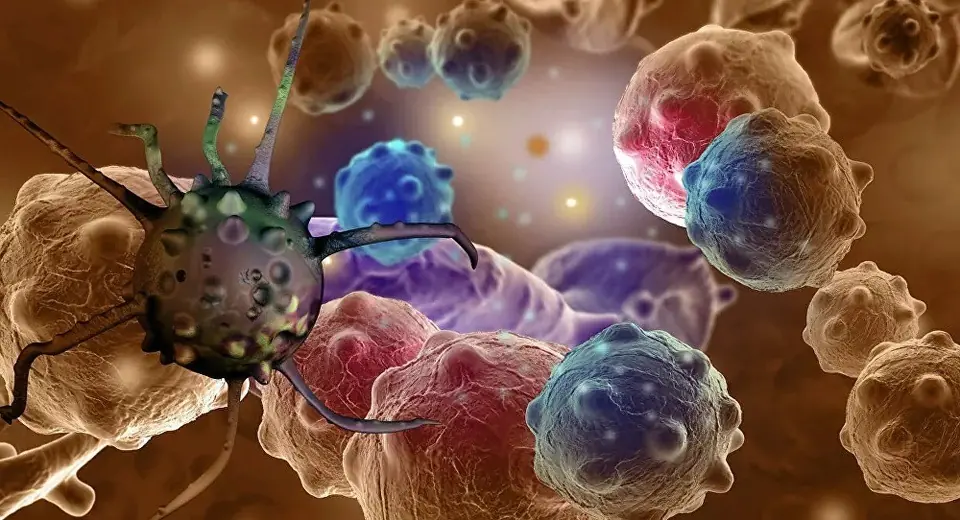
5 Early Symptoms of Stomach Cancer That Help with Early Detection

Prostate Cancer: Warning Signs and Symptoms Men Shouldn't Ignore

8 Warning Signs Your Tongue May Be Sending About Your Health
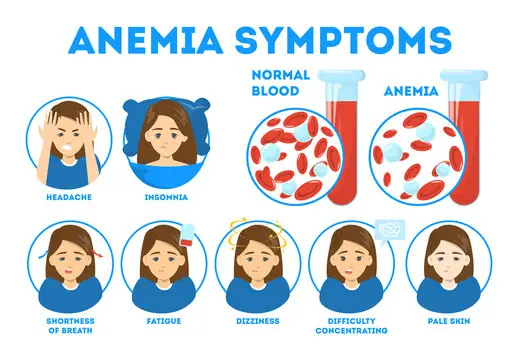
Boost Your Iron: Essential Signs to Watch For & Effective Strategies

Scientists Explain How Sleeping on Your Left Side Affects Your Health

Scientists Explore Shocking Idea That Plants And Atoms Could Be Aware

Proven Health Benefits of Eating Eggs: More Than Just Breakfast Food

Eat Chia Seeds at Night for 1 Week & See What Happens to You! 🌙✨

Top Signs of Iron Deficiency & Science-Backed Ways to Boost Your Iron Levels

16 Benefits of Chayote Juice: Say Goodbye to Pills and Hello to Natural Healing

Mullein: The Powerful Plant That Soothes Your Lungs, Joints & Muscles Naturally
